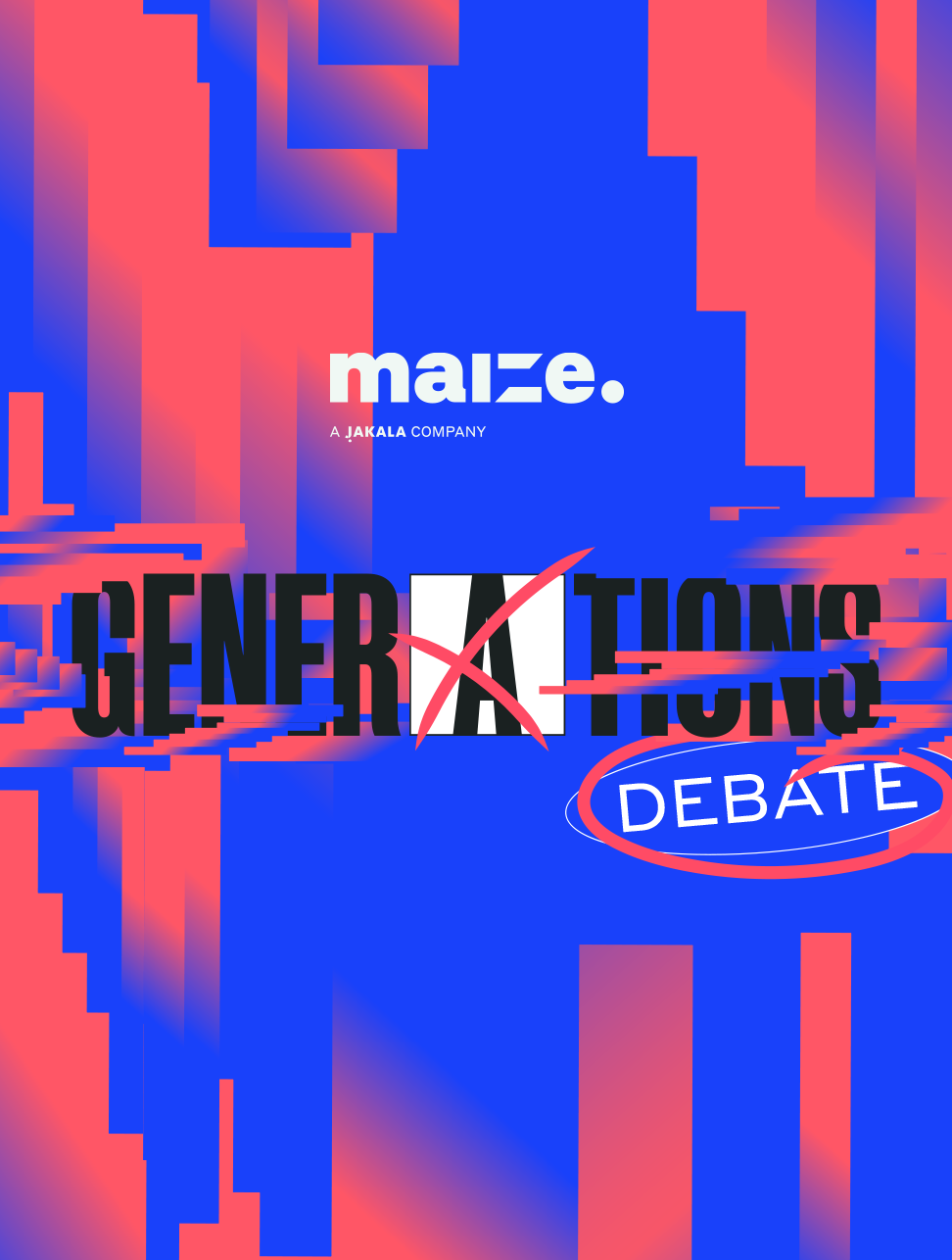In the rapidly evolving landscape of modern workplaces, where generational differences are often oversimplified, MAIZE, a strategic design company within the JAKALA Group, presented Generations Debate: a groundbreaking report that challenges stereotypes and offers a unique European insight.
The impetus for this report arose from a recognition of the limited scope of existing narratives on generational trends in the workplace, which often skewed towards a U.S.-centric perspective. MAIZE sought to fill this gap by conducting an extensive survey of 2,018 respondents from Italy, France, Germany, Spain, and Sweden, representing Baby Boomers, Gen X, Gen Y, and Gen Z.
Key Findings
The report reveals a striking convergence of priorities across generations, challenging prevailing assumptions about distinct generational characteristics. Despite differences in age and experience, respondents overwhelmingly prioritize “work-life balance” with 82% identifying it as their top concern.
Additionally, 73% prioritize job security and 64% emphasize the importance of skills development, underscoring a shared desire for stability and growth opportunities.
Furthermore, the report debunks stereotypes surrounding Gen Z, revealing their strong emphasis on skills development and meaningful work aligned with their values. This “Conscious Generation” is deeply invested in environmental and social sustainability.
A Glance into the Future
70% of Gen Y and Z foresee integration of technology into their daily tasks. Despite concerns about automation, both generations remain optimistic about future career prospects. All generations are positive about their workplace having to change in some way or another. Some already see the nature of this evolution. Most of the respondents don’t, but they recognize that change is crucial for their organization to keep doing business.
As organizations navigate the evolving expectations of a multi-generational workforce, the report underscores the importance of reimagining traditional notions of work and career paths. Embracing flexibility, fostering a culture of learning and development, and prioritizing social connections are identified as key strategies for success.The Transition from Offices to Growthspaces
As demand for office space declines, driven by factors such as the normalization of hybrid work models and shifting investment priorities, questions arise about the future of physical work environments. Will offices as they are known disappear entirely, or will they evolve to meet the changing needs of employees and organizations?
An increased prevalence of remote work policies contributes to the diminishing value of traditional office real estate. Yet, despite these shifts, the value of attending a physical workplace remains evident, albeit with nuanced motivations across generations.
The survey reveals that while pragmatic reasons, such as the need for designated workspaces and the separation of personal and professional activities, are prioritized by Baby Boomers and Gen X, relational factors hold greater significance for younger generations. Gen Y (29%) and Gen Z (27%) emphasize the importance of cultivating relationships and fostering a sense of belonging within the workplace. Additionally, the concept of growthspaces aligns with a vision of the future city, where decentralized work hubs facilitate shorter commutes and encourage sustainable transportation options.
Unlock the full insights and implications of the MAIZE Report by downloading the complete study. Gain valuable insights into the convergence of priorities across generations and understand the evolving dynamics of modern workplaces.


.png?width=600&height=793&name=Challenges%20of%20Centralization%20(General).png)


